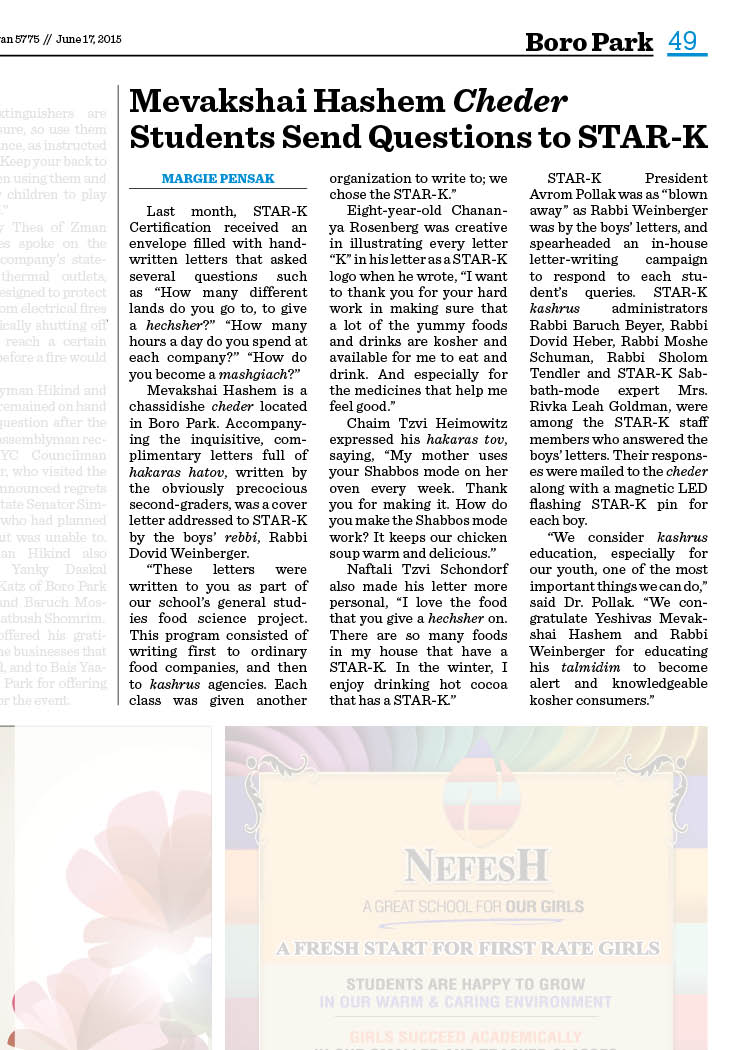Published Fall 2014
Unquestionably, the one area of food ingredients that attests to the global nature of the food industry is the spice trade. The Torah is replete with reference to the spice traders who carriedYosef to Egypt to the ketores, that was fundamental to the avoda in the Bais Hamikdash. The spice commerce has thrived from the beginning of commercial trade. New World exploration forged forward fueled with the hope of finding shorter spice routes to the Far East. Centuries earlier, Marco Polo witnessed flourishing spice trade first hand, during his travels to the Orient. Spice empires thrived as the European powers deepened their trade with the Far East. Today, spice trading continues to prosper. Spices hail from Albania to Zanzibar and arrive to these shores in many different forms as whole spices, spice extracts, oleoresins and essential oils. What are the kashrus issues facing this fascinating ancient/contemporary industry? Have modern processing techniques simplified or complicated matters?
What are spices? Are spices and herbs synonymous?
The term spice is […]










 STAR-D
STAR-D STAR-S
STAR-S